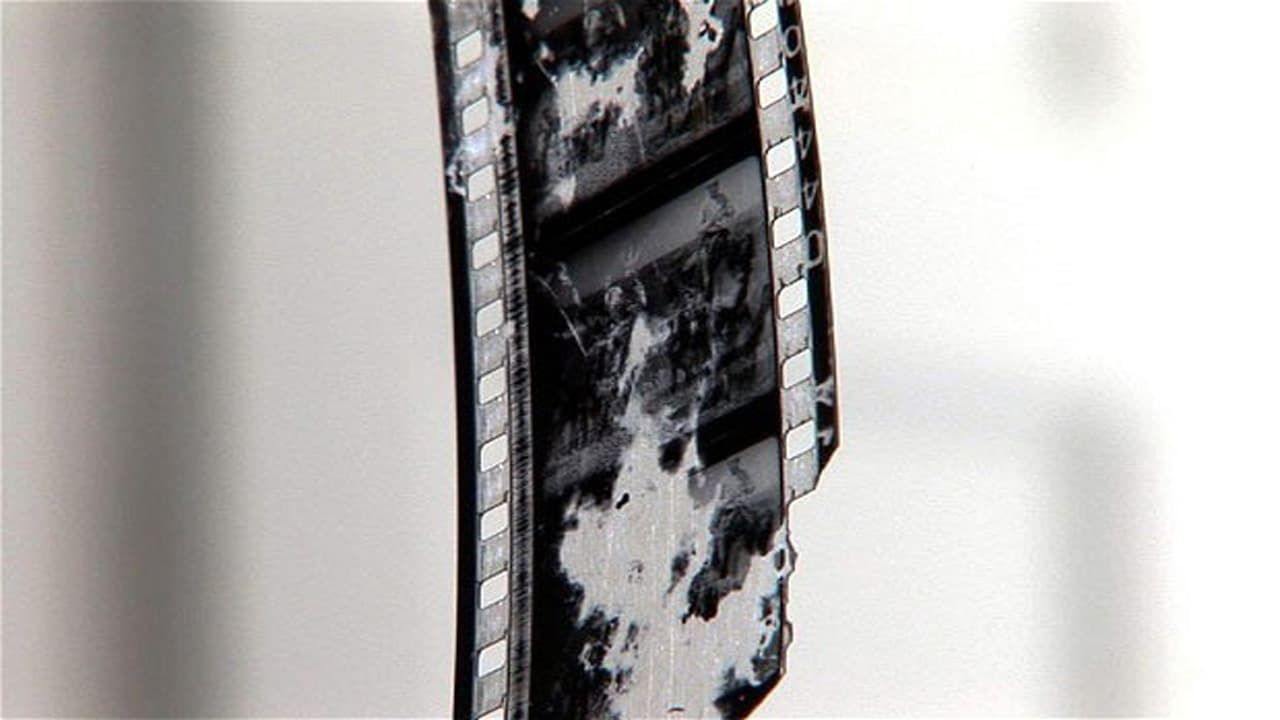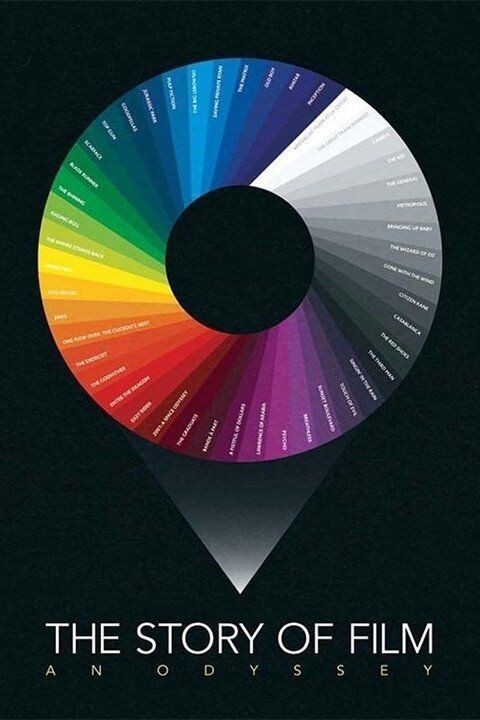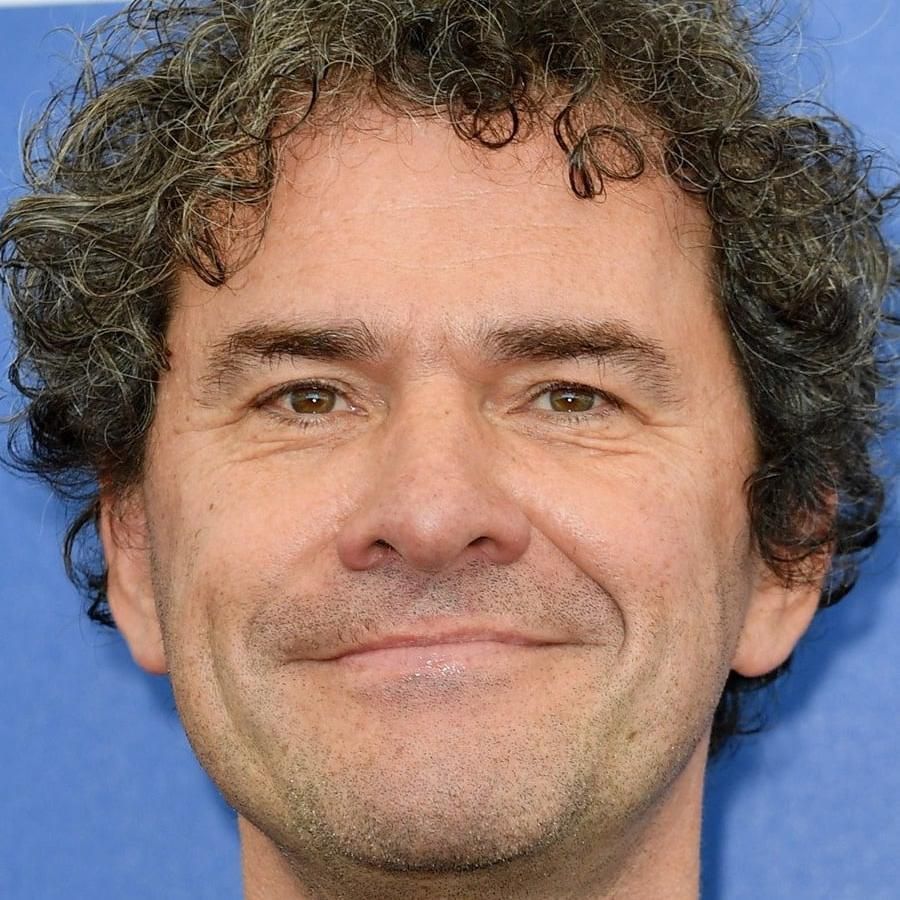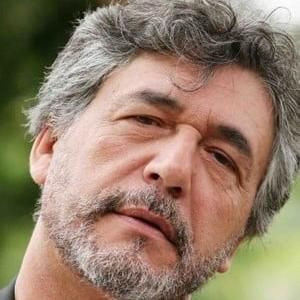

The Story of Film: An Odyssey
Series 1
TV-PG
Film critic and historian Mark Cousins uses film clips, interviews with filmmakers, and illustrative footage of locations around the world to take viewers through film and filmmaking history, from the late 19th century to today, with a particular emphasis on world cinema.
15 Episodes
- Birth of the Cinema
 E1
E1Birth of the CinemaThe Story of Film looks at the birth of cinema. It examines the period 1895-1918 where early film pioneers created the first moving pictures. It also look at the period 1903-1918 and the early years of silent film. It examines the development of film techniques including special effects, tracking shots, close ups, wide-screen editing, continuity cutting, parallel editing, reverse angle, and back-lighting. - The Hollywood Dream
 E2
E2The Hollywood DreamMovies in the Roaring Twenties: Hollywood became a glittering entertainment industry with star directors like Charlie Chaplin and Buster Keaton. But the gloss and fantasy was challenged by movie makers like Robert Flaherty, Eric Von Stroheim and Carl Theodor Dreyer, who wanted films to be more serious and mature. This was a battle for the soul of cinema. The result: some of the greatest movies ever made. - The Arrival of Sound
 E4
E4The Arrival of SoundThe coming of sound in the 1930s upends everything. We watch the birth of new types of film: screwball comedies, gangster pictures, horror films, westerns and musicals, and discover a master of most of them, Howard Hawks. Alfred Hitchcock hits his stride and French directors become masters of mood. - Post-War Cinema
 E5
E5Post-War CinemaMark Cousins explores how the trauma of war led to more daring creations for cinema, focusing on the darkening of American film and the drama of the McCarthy years. Screenwriters Paul Schrader and Robert Towne discuss the era and Stanley Donen - director of Singin' in the Rain - talks about his career. - Sex & Melodrama
 E6
E6Sex & MelodramaSex and melodrama in the movies of the fifties: James Dean, On the Waterfront and glossy weepies. We travel to Egypt, India, China, Mexico, Britain and Japan to find that movies there were also full of rage and passion. Exclusive interviews include associates of Indian master Satyajit Ray; legendary Japanese actress Kyoko Kagawa, who starred in films by Akira Kurosawa and Yasujiro Ozu; and the first great African director, Youssef Chahine. - European New Wave
 E7
E7European New WaveThe explosive story of film in the late fifties and sixties: The great movie star Claudia Cardinale talks exclusively about Federico Fellini; in Denmark, Lars von Trier describes his admiration for Ingmar Bergman; and Bernardo Bertolucci remembers his work with Pier Paolo Pasolini. French filmmakers plant a bomb under the movies, and the new wave it causes sweeps across Europe. - New Directors, New Form
 E8
E8New Directors, New FormThe dazzling 1960s in cinema around the world: In Hollywood, legendary cinematographer Haskell Wexler reveals how documentary influenced mainstream movies. Easy Rider and 2001: A Space Odyssey signal a new era in America cinema. We discover the films of Roman Polanski, Andrei Tarkvosky, and Nagisa Oshima. Black African cinema is born, and we talk exclusively to the Indian master director Mani Kaul. - American Cinema of the 70s
 E9
E9American Cinema of the 70sThe maturing of American cinema of the late sixties and seventies: Buck Henry, writer of The Graduate, talks exclusively about movie satire of the time. Paul Schrader reveals his thoughts on his existential screenplay for Taxi Driver. Writer Robert Towne explores the dark ideas in Chinatown, and director Charles Burnett talks about the birth of Black American cinema. - Movies to Change the World
 E10
E10Movies to Change the WorldThe movies that tried to change the world in the seventies: Wim Wenders in Germany; Ken Loach and Britain; Pasolini in Italy; the birth of new Australian cinema; and then Japan, which was making the most moving films in the world. Even bigger, bolder questions about film were being asked in Africa and South America, and the story ends with John Lennon’s favourite film, the extraordinary, psychedelic The Holy Mountain. - The Arrival of Multiplexes and Asian Mainstream
 E11
E11The Arrival of Multiplexes and Asian MainstreamStar Wars, Jaws and The Exorcist created the multiplexes, but they were also innovative. In India the world’s most famous movie star, Amitabh Bachchan, shows how Bollywood was doing new things in the seventies too. And we discover that Bruce Lee movies kick-started the kinetic films of Hong Kong, where master Yuen Woo-ping talks exclusively about his action movies and his wire fu choreography for The Matrix. - Fight the Power: Protest in Film
 E12
E12Fight the Power: Protest in FilmProtest in the movies of the 1980s: brave filmmakers spoke truth to power. American independent director John Sayles talks exclusively about these years. In Beijing, Chinese cinema blossomed before the Tiananmen crackdown. In the Soviet Union, the past wells up in astonishing films, and master director Krzysztof Kieslowski emerges in Poland. - New Boundaries: World Cinema in Africa, Asia & Latin America
 E13
E13New Boundaries: World Cinema in Africa, Asia & Latin AmericaFilm in the 1990s enters a surprise golden age. In Iran we meet Abbas Kiarostami, who rethought movie making and made it more real. Then, in Tokyo, we meet Shinji Tsukamoto, who laid the ground for the bold new Japanese horror cinema. In Paris one of the world’s greatest directors, Claire Denis, talks exclusively about her work. The story ends in Mexico. - New American Independents & The Digital Revolution
 E14
E14New American Independents & The Digital RevolutionBrilliant, flashy, playful movies in the English speaking world in the nineties. We look at what was new in Tarantino’s dialogue and the edginess of the Coen Brothers. The writer of Starship Troopers and Robocop talks exclusively about the films’ irony. In Australia, Baz Luhrmann talks about Romeo & Juliet and Moulin Rouge, and we plunge into the digital world to see how it has changed the movies forever. - Cinema Today and the Future
 E15
E15Cinema Today and the FutureMovies come full circle: They get more serious after 9/11, and Romanian movies come to the fore. But then David Lynch’s Mulholland Drive becomes one of the most complex dream films ever made and Inception turns film into a game. In Moscow, master director Alexander Sokurov talks exclusively about his innovative films. Then, a surprise: The Story of Film goes beyond the present, to look at film in the future.


